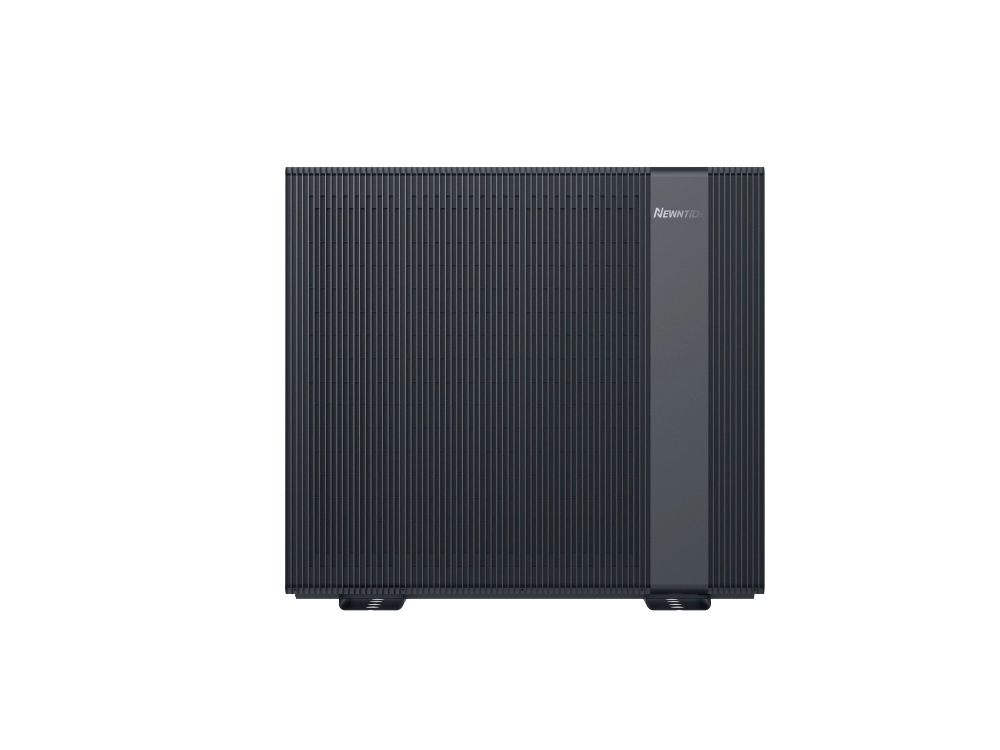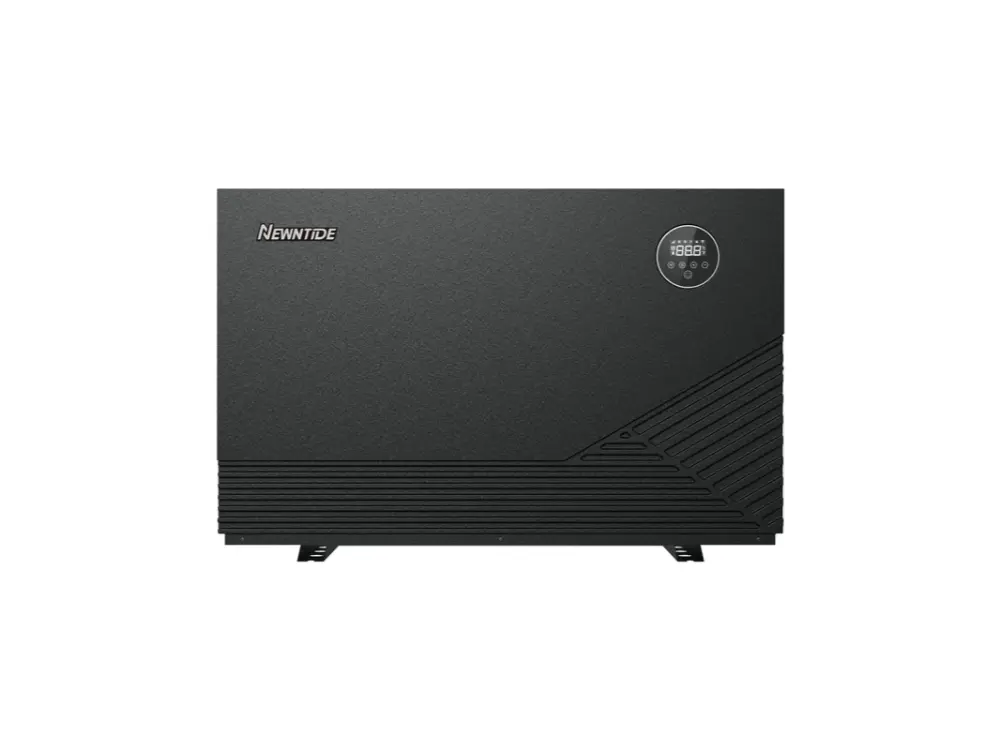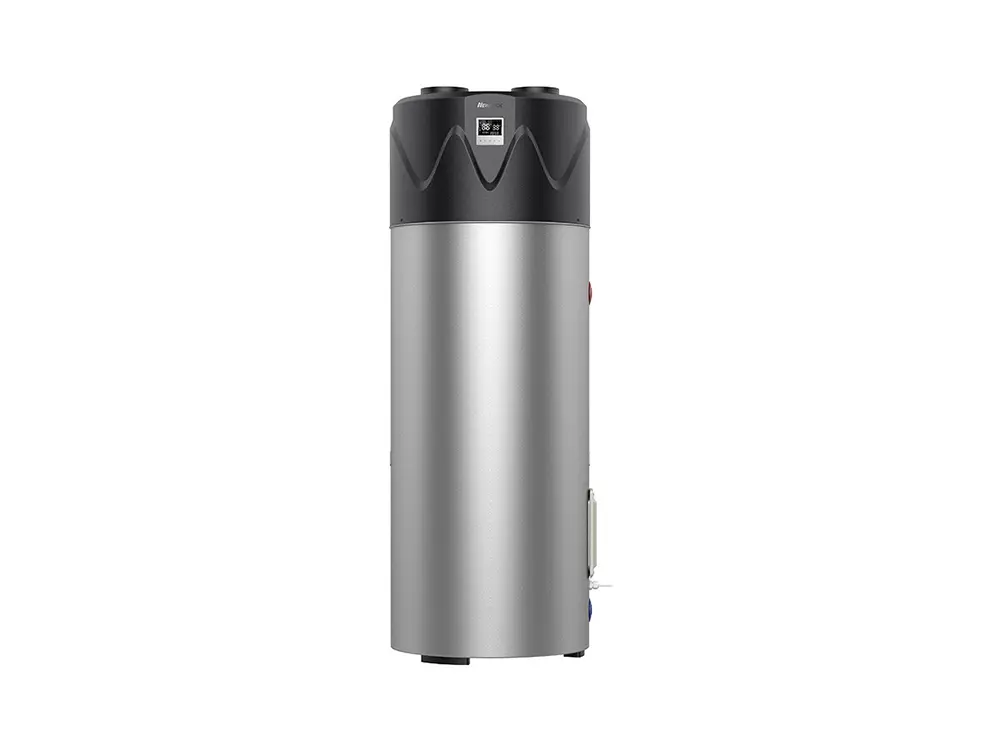During winter, ensuring reliable operation of the heating system becomes a top concern for every household. Winter is the peak period for heat pump operation, and the heavy snow had the risk of covering the outdoor unit, leading to malfunctions and higher electricity bills. Proper maintenance not only maximizes efficiency but also extends the lifespan of your heat pump, helping you avoid unnecessary repairs or replacements.
To help your heat pump perform at its best, NEWNTIDE has created a comprehensive newsletter packed with expert tips and maintenance advice. From simple cleaning routines to proactive checks for common winter issues, our newsletter provides practical, easy-to-follow steps to keep your home warm and comfortable all season long.
1. Clean the Outdoor Unit and Ensure Adequate Airflow
One of the most common issues during winter is the accumulation of snow, frost, and debris around the outdoor unit. When airflow is obstructed, the external heat exchanger absorbs less heat than before, causing a significant drop in system efficiency, which results in higher energy consumption and reduced heating output.
To prevent this, it is crucial to keep the outdoor unit clean and free of obstructions. Gently remove snow and frost using a soft brush or broom, and regularly check for leaves, dirt, or other debris that may block the vents. Additionally, installing a protective cover can shield the unit from harsh weather while maintaining adequate airflow.
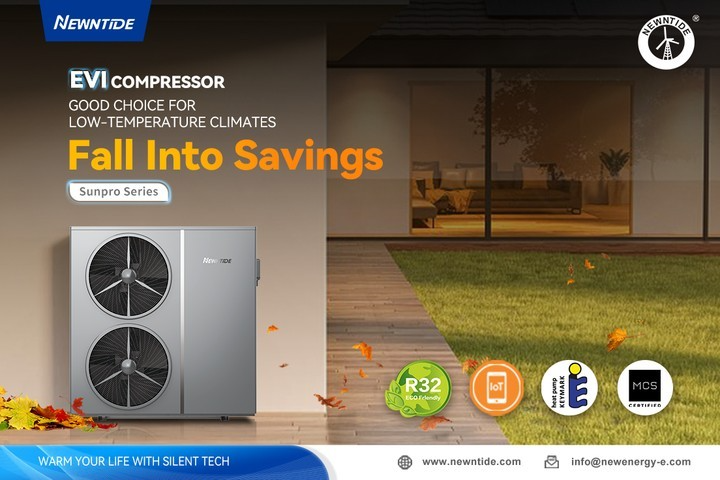
Sunpro Series EVI Heat Pump
2. Ensure Proper Drainage System Functionality
Another key aspect of winter maintenance is ensuring the drainage system functions properly. During defrost cycles, the water generated must be drained efficiently to prevent it from freezing and causing blockages. Regularly inspect the drainage pipes for clogs or ice buildup, and safely thaw any frozen sections with warm water. For regions with extreme cold, wrapping the pipes with insulation materials can offer an extra layer of protection against freezing temperatures. If necessary, an electric heating tape can be wrapped around the drainage pipes for additional support.
3. Check the Refrigerant and Compressor Status
The performance of your heat pump also heavily depends on the refrigerant levels and the condition of the compressor. Insufficient refrigerant can drastically reduce heating capacity, and if you notice a drop in performance, it is best to consult a qualified technician to check if there is refrigerant leakage issue for you system and solve it. Similarly, the compressor, which plays a critical role in the heating process, should be checked regularly to ensure it is functioning optimally.
4. Clean the Filter Regularly
The cleanliness of your air filter can directly affect your heat pump’s efficiency. A blocked filter restricts airflow, making it harder for the system to circulate warm air throughout your home. It is recommended to clean the filter after or before heating season, but if your household has pets or a high level of dust, you may need to clean it more frequently. Rinse the filter with warm water and let it dry completely before reinstalling it to ensure the best results.
5. Check the Electrical System to Ensure Safety
Electrical safety is another important consideration during winter. Cold temperatures can cause cables to deteriorate or connections to loosen, potentially leading to malfunctions. Regularly inspect the power supply for any signs of wear, and ensure all plugs and connections are secure. Installing a leakage protector is a wise precaution to safeguard against electrical issues caused by humidity or moisture. Additionally, to avoid overloading the system, ensure the heat pump is connected to a dedicated circuit rather than sharing it with other high-power appliances.
6. Enhance Cold Resistance of the Heat Pump
For those living in particularly extremely cold climates, enhancing your heat pump’s resistance to low temperatures is essential. Applying insulation materials to critical components, such as pipes and the outdoor unit, can minimize heat loss and improve efficiency. In areas where temperatures regularly drop below -15°C, using auxiliary heating equipment can supplement the heat pump’s performance, ensuring your home stays warm even in the most severe conditions.
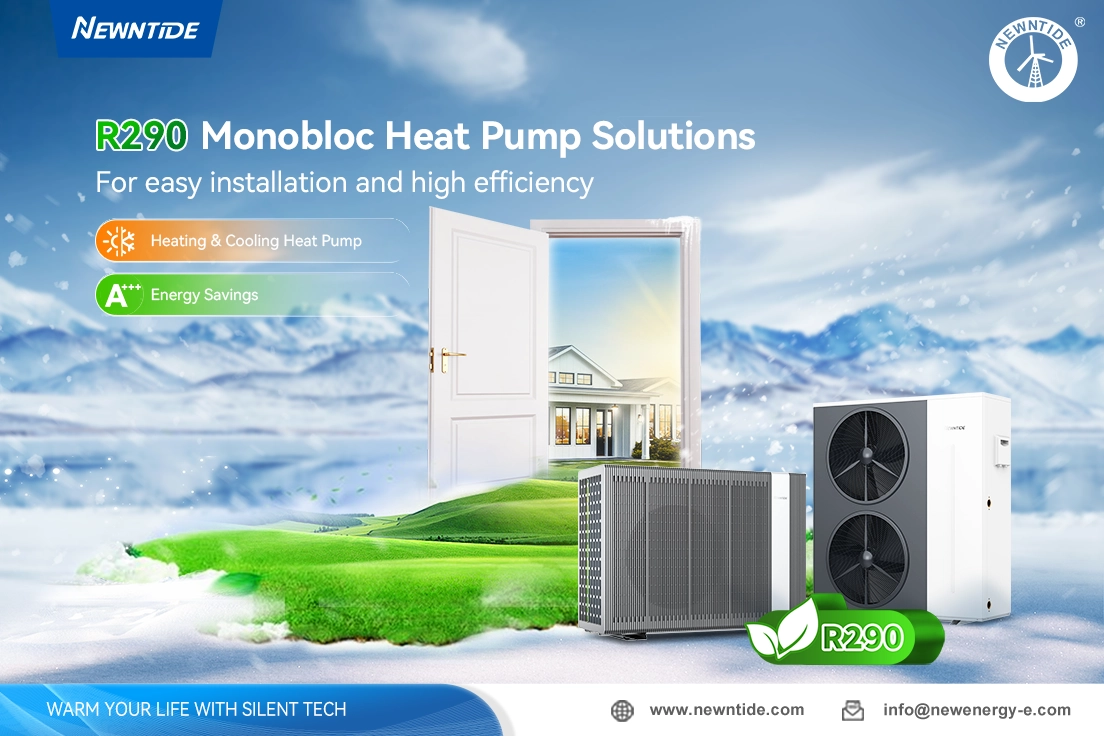
R290 Heat Pump
7. Monitor the Operating Status
It’s also important to pay attention for unusual sounds and monitor the heat pump’s overall performance. Abnormal noises, such as rattling or grinding, may indicate loose components or mechanical issues that require immediate attention. Similarly, if you notice abnormalities for indoor temperatures or a spike in energy consumption, it could indicate problems that needs professional intervention.
8. Annual Professional Maintenance
It is advisable to invite a professional to carry out a full examination to ensure the smooth, reliable operation throughout winter. A professional inspections are critical to maintaining the long-term functionality and efficiency of your heat pump to ensure that the equipment is in the best condition. Take proactive steps ensure the heat pump remains reliable, safe, and efficient throughout its operational life.
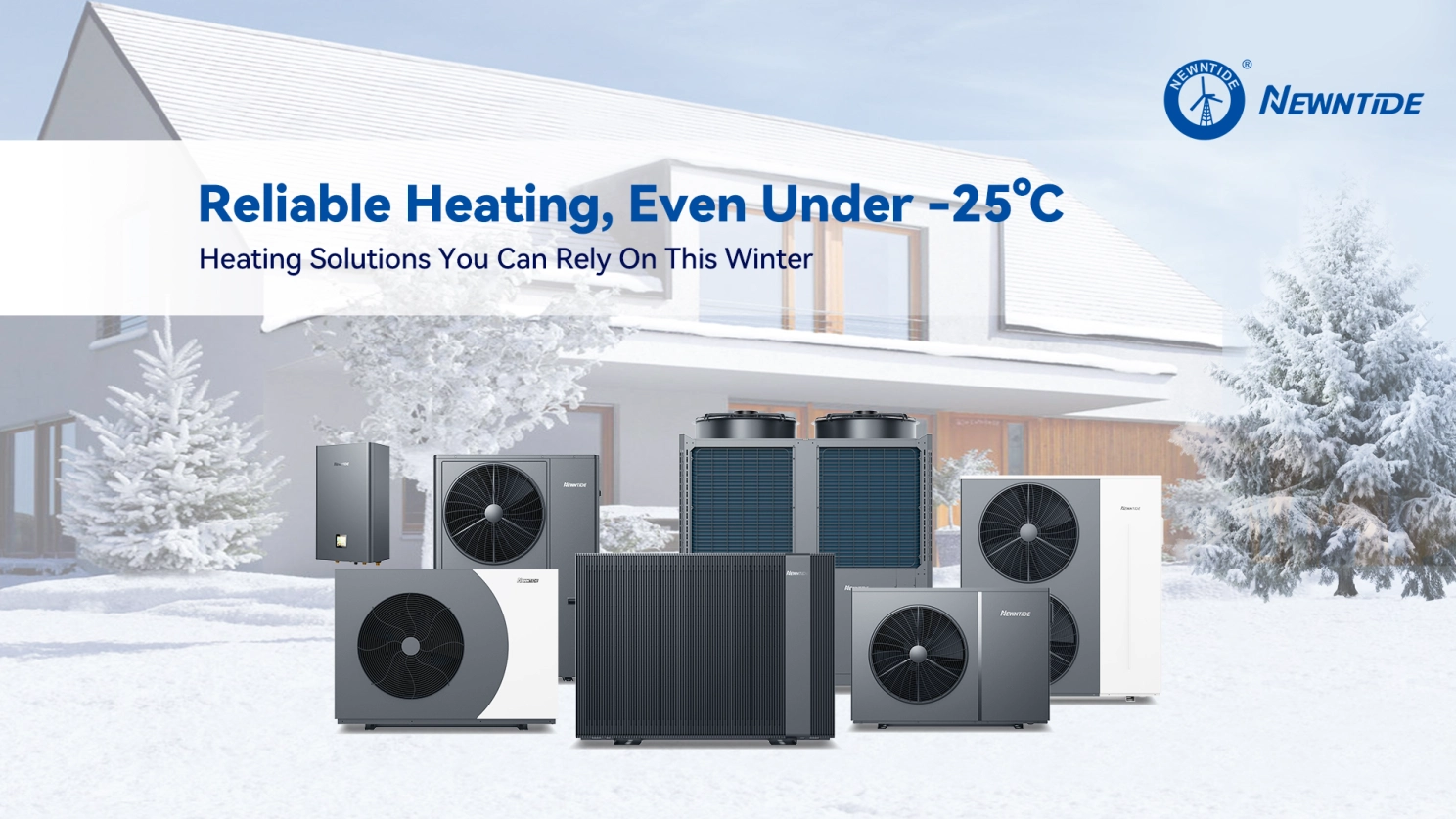
House Heating and Cooling Solutions
Choose NEWNTIDE for Your Heating Needs
As a leading heat pump manufacturer with over 21 years of experience, NEWNTIDE is committed to providing reliable, energy-efficient heating solutions. Many of our models are designed to perform efficiently even in temperatures as low as -25°C, offering unmatched stability and comfort during the harshest winters.
Our team of experts is dedicated to tailoring the perfect heating solution for your home or business. With cutting-edge technology and exceptional customer service, NEWNTIDE ensures that you can enjoy a warm, worry-free winter.
Contact us ([email protected]) today to learn more and make sure your heat pump is ready to handle the season!

